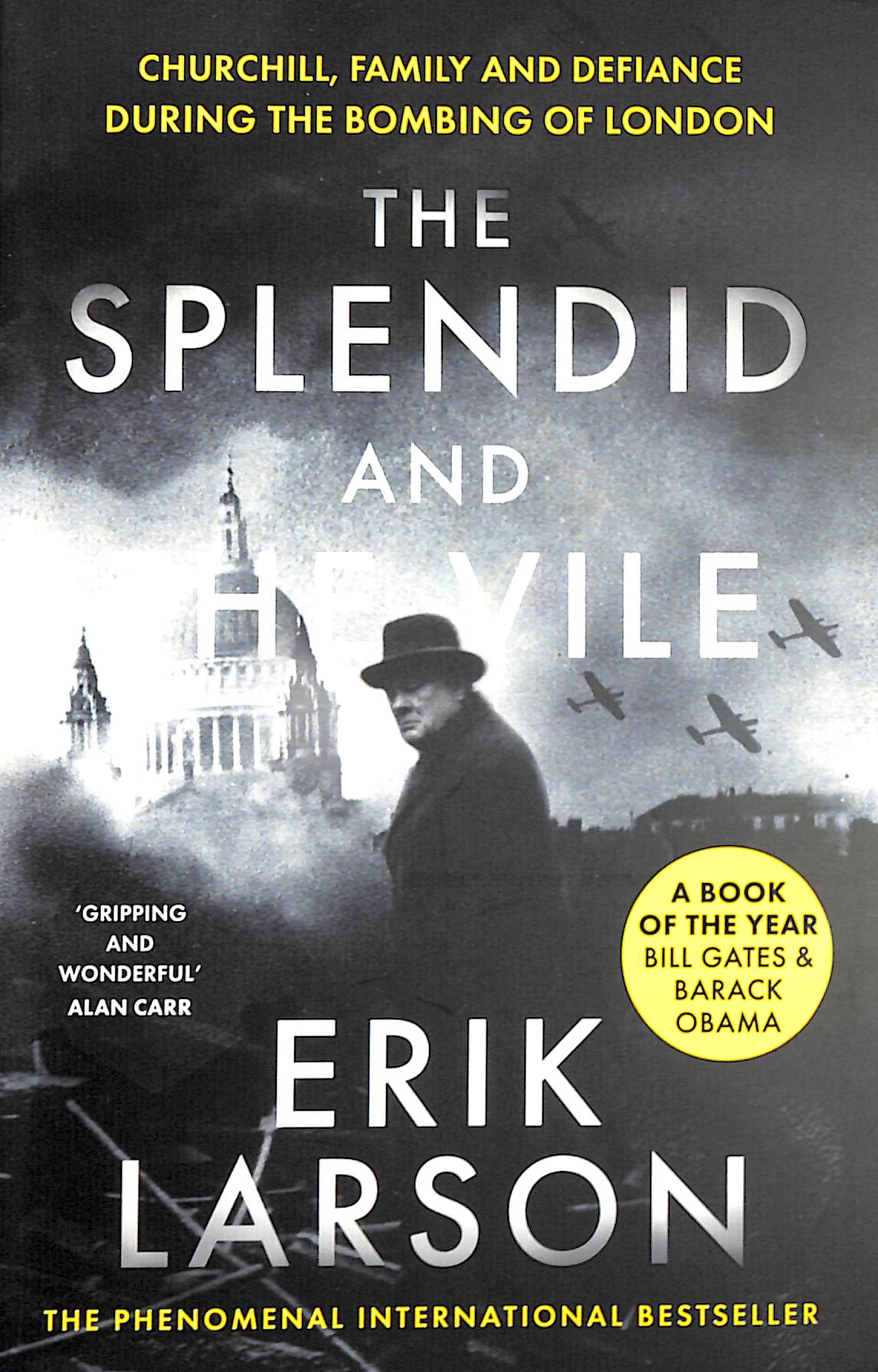

This is why books like Eric Larson's The Splendid and the Vile are essential. We are thankful for their contributions and encourage you to make your own.



In this way, The Splendid and the Vile bridges the worlds of history and the novel and provides a more intimate look at the time period than is usually presented.These notes were contributed by members of the GradeSaver community. Larson makes extensive use of descriptions and exact quotes, taken directly from historical documents and presented in a style similar to a work of fiction. The narrative shifts among various characters, locations, and events across the broad range of the war, from Churchill and his government circle in London to his children and their families and to the Nazi leadership in Berlin. The book is organized in seven parts, with an Introduction and an Epilogue each part is further divided into titled chapters. Larson uses letters, diaries, archival documents, and other primary sources to reconstruct the day-to-day lives of Churchill, his family, and his inner circle. When the German air force begins bombing London in September 1940-the beginning of the Battle of Britain-Churchill must keep up morale among the British people while devising a military strategy to defend England from the brutal aerial assaults and send a clear signal that the country will “never surrender.” While dealing with these global concerns, Churchill and his wife, Clementine, must also face the challenge of managing their family of three grown children and their spouses, whose personal lives at times threaten to destabilize the family order. In light of France’s fall, Churchill comes to see Britain, assisted by the economic and military might of the United States, as the only hope to defeat the Nazis and secure the survival of civilization and freedom. To help him lead the war effort, Churchill assembles a cabinet of seasoned statesman, including Lord Beaverbrook and Lord Halifax, to handle every phase of the war from aircraft production to diplomacy.įrance’s surrender to the Germans in June 1940 eliminates a key defensive buffer to Britain and makes the threat of a Nazi invasion of England ever more real. Although thrilled to command Britain at such a crucial time, Churchill faces some hard challenges-notably, holding the country together in a time of crisis and persuading US President Franklin Roosevelt to provide aid and bring America into the war as an ally. On Churchill’s first day as prime minister, the Nazis invade Holland and Belgium, portending an anguished war on the continent.


 0 kommentar(er)
0 kommentar(er)
